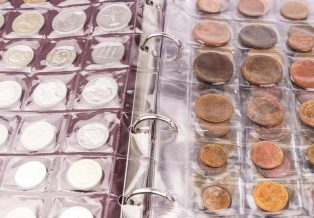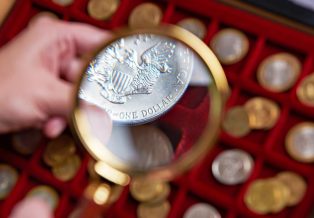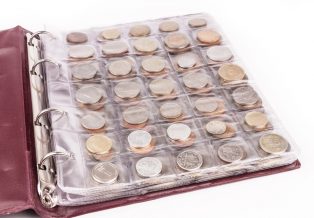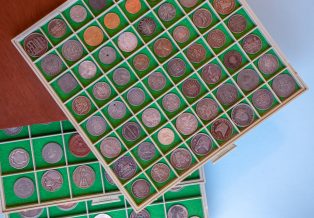All Posts in Coins & Currency

Navigating the complexities of coin market trends can offer substantial rewards to collectors and investors alike. Understanding these trends is crucial for making informed decisions, whether you are expanding your collection, seeking investment opportunities, or contemplating selling part of your collection. The market for coins is dynamic, influenced by a myriad of factors ranging from economic conditions to collector interest in specific coin series.

The advent of numismatics in a cashless society presents a unique paradox. As the world leans more towards digital transactions, the traditional usage of physical currency diminishes. Yet, this digital shift paradoxically enriches the value and interest in numismatics, offering a bridge between past and present monetary practices.

When it comes to precious metals investment, the debate between choosing coins vs. bullion is a significant one that every investor faces. This choice is not merely about preference but involves understanding the distinct advantages and considerations of each option. Precious metals, being a staple for diversified investment portfolios, offer stability against inflation and economic downturns. However, the nuances between investing in coins and bullion can impact your investment goals and strategies.

In the intricate tapestry of investment opportunities, rare coin collecting emerges as a captivating and rewarding pursuit. This unique form of investment transcends traditional financial markets, offering a blend of historical richness, aesthetic appreciation, and financial gain. For those drawn to the allure of holding history in their hands, rare coin collecting not only paves a path to potential wealth but also invites an exploration into the wonders of bygone eras.

In the intricate world of coin collecting, numismatic gems stand out as both historical artifacts and works of art. These coins, distinguished by their rarity, condition, historical significance, and aesthetic appeal, offer more than just monetary value. They represent a confluence of history, artistry, and craftsmanship, turning what was once a simple medium of exchange into a sought-after collector’s item. For investors, understanding the nuances of these gems can unveil opportunities for portfolio diversification and potential financial gain.

The world of investment is vast and varied, offering numerous avenues for individuals to grow their wealth. Among these, the coin exchange and precious metals market stands out as a timeless choice for those looking to diversify their investment portfolio. This sector not only appeals to collectors and historians but also to savvy investors who recognize the inherent value and stability that these assets offer.


